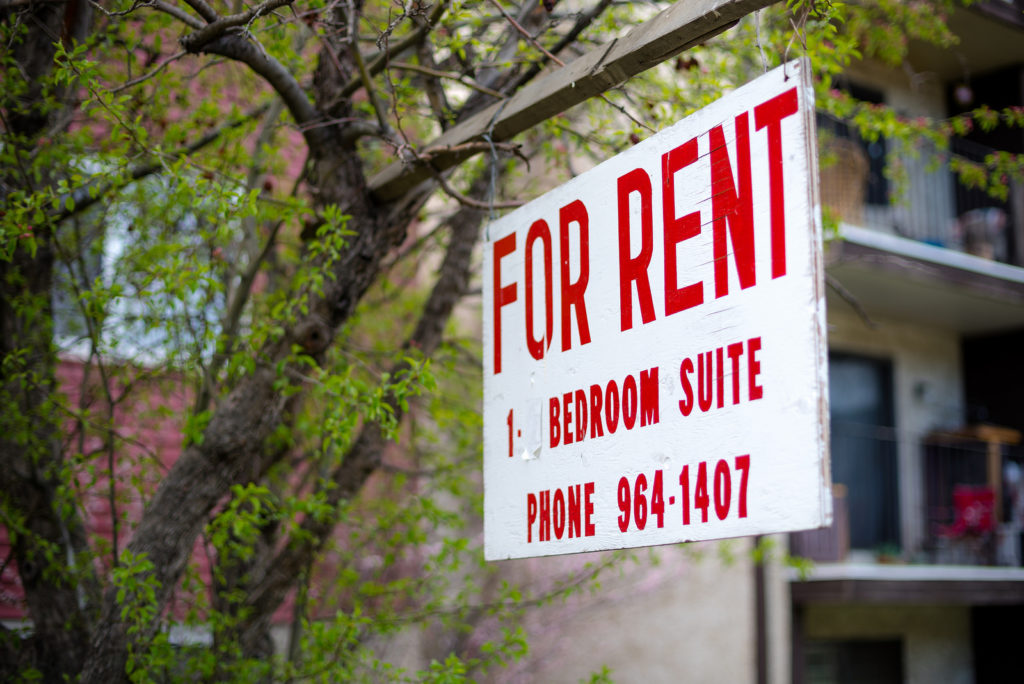Photo credit: Kurayba via Foter.com / CC BY-SA. Article cross-posted from SELC.org.
If you live in a fairly populous city, or if you like to travel off the beaten path, you've probably heard of Airbnb-style short-term rentals (STRs). Residential housing that is rented for short periods of time, STRs were once a niche way to travel, but are now available for rent all over the world.
The evolution of STRs is a success story for the many STR platforms that broker transactions between STR hosts and guests, but for cities and communities dealing with the adverse social and economic impacts of the activity, STRs pose a unique new challenge.
On the one hand, STRs have a strong contingent of proponents, including the well-resourced STR platforms themselves and property owners who benefit from the flexibility and economic opportunity STRs afford them. On the other hand, unbridled STR activity has caused renters and tenants' rights advocates to argue that profit incentives and lack of regulation have led many property owners to evict tenants and convert long-term residential rentals into STRs — removing bedrooms and entire units from the rental market and displacing and driving up housing costs for local residents.
Renters are not the only stakeholders with concerns. Hotel interests argue that unregulated STRs unfairly compete with established hotels, local regulators contend that STRs reduce local business and hotel tax revenues, and neighbors complain that a constant turnover of transient STR guests adversely impacts neighborhood quality and cohesion.
Now that the peer-to-peer economy has collided with housing, cities are being called upon to find solutions that protect public interests and meet the needs of all residents in a climate where some criticize governments for failing to adequately regulate STRs, while others criticize government for failing to embrace them.
How can cities regulate STRs in ways that generate inclusive opportunities for local wealth-creation, while still balancing the needs of all members of the community? SELC has some suggestions.
This guidebook will equip cities to respond to STRs in ways that protect public interests — including housing affordability, health and safety, neighborhood quality, and municipal revenues — while retaining reasonable latitude for city residents to host and earn money from short-term guests. Regulating Short-Term Rentals: A Guidebook for Equitable Policy identifies key issue areas, incorporates references to sample STR ordinances from around the U.S., and provides SELC's recommendations for best practices.
Because there is no one-size-fits all ordinance for STRs, we strongly encourage community stakeholder participation in the formation of any STR policy so that it accurately reflects local circumstances. Please share this guidebook widely: with neighbors, with community organizations, with city council members, and with mayors. We created this guidebook for people like you.
For questions or press inquiries, contact Yassi Eskandari-Qajar: yassi@theselc.org









